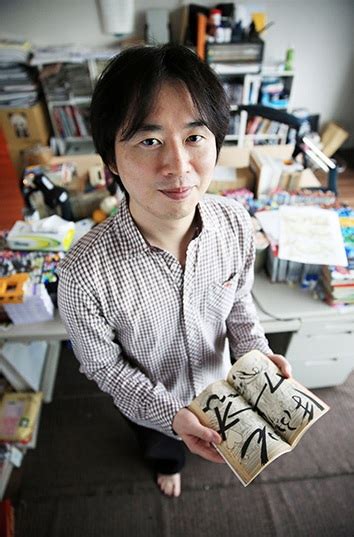A Quote by Iyanla Vanzant
Why do we hold onto negativity? For some reason, we believe that others are affected by our experience of remaining upset, hurt or angry. Holding on to pain, anger, guilt or shame is the glue that binds us to the situation we want to escape.
Related Quotes
Forgiveness is a process of giving up the old for something new. Old experiences and memories that we hold on to in anger, resentment, shame, or guilt cloud our spirit mind. The truth is, everything that has happened had to happen. It was a growth experience. There was something you needed to know or learn. If you stay angry, hurt, afraid, ashamed, or guilty, you miss the lesson. You will be stuck in a cloud of pain.
When the Pleiadians speak of letting go, they transmit a letting go energy through our energetic field. As a human being, we've been holding on for lifetimes, really holding on to the illusion strongly, holding on to the shame, the guilt, the sadness, all the things we've lived through, all the experiences we have allowed ourselves to create for ourselves in order to learn. We've held on to the pieces of us - the anger, the frustration and the pain.
We've all felt anger. It can come when things don't turn out the way we want. It might be a reaction to something which is said of us or to us. We may experience it when people don't behave the way we want them to behave. Perhaps it comes when we have to wait for something longer than we expected. We might feel angry when others can't see things from our perspective. There seem to be countless possible reasons for anger….If we desire to have a proper spirit with us at all times, we must choose to refrain from becoming angry.
Shame usually follows a pattern—a cycle of self-recrimination and lies that claims life after life. First, we experience an intensely painful event. Second, we believe the lie that our pain and failure is who we are—not just something we’ve done, or had done to us—and we experience shame. And finally, our feelings of shame trap us into thinking that we can never recover—that, in fact, we don’t even deserve to.
When we hold onto the negative in ourselves it comes with endless guilt. We hold onto a lifetime of floating visions and regrets about what we should have done or should have become. Conscience recognizes wrong and tries to atone. But guilt turns into resentment. Conscience brings us closer to each other; guilt drives us apart. Create a new feeling. Every time guilt settles in your stomach, write "I forgive" on a piece of paper. Send it up the chimney, tear it up and flush it, put it in the garbage. Don't eat it.
Anger is a response that can lead to harm if we don't evaluate what we are upset about. Ask yourself what you are afraid of, as anger is almost always fear in disguise. If we think something or someone threatens us, we feel fear-fear that we are inadequate, that our lives are out of control, that things won't go our way. Then we fight. Find out what you're upset about. We rarely are upset for the reason we think.
We have compassion because of the incredible pain and suffering which we as unenlightened beings cause to ourselves and all others through our ignorance. This is why we're trying to get out. This is why the bodhisattva has meaning. Because we're saying, no we won't get out, we won't escape until we've helped all other beings to escape, but most other beings don't even want to escape. They don't even know that there is an escape, and it's hard, so it's going to take an awfully long time.































